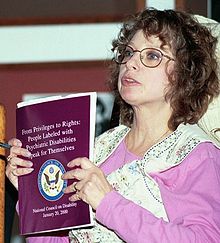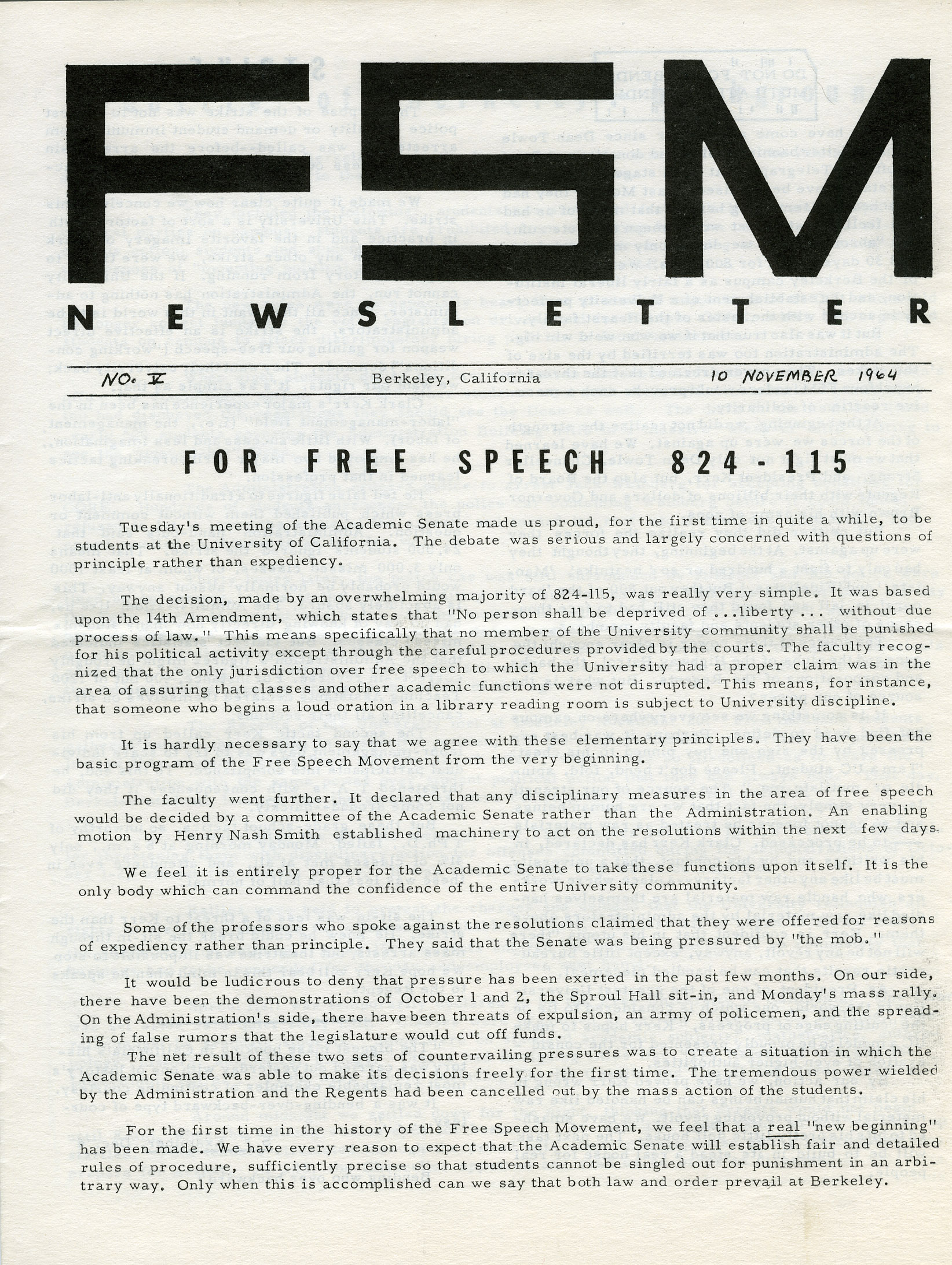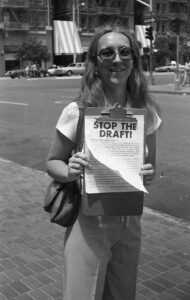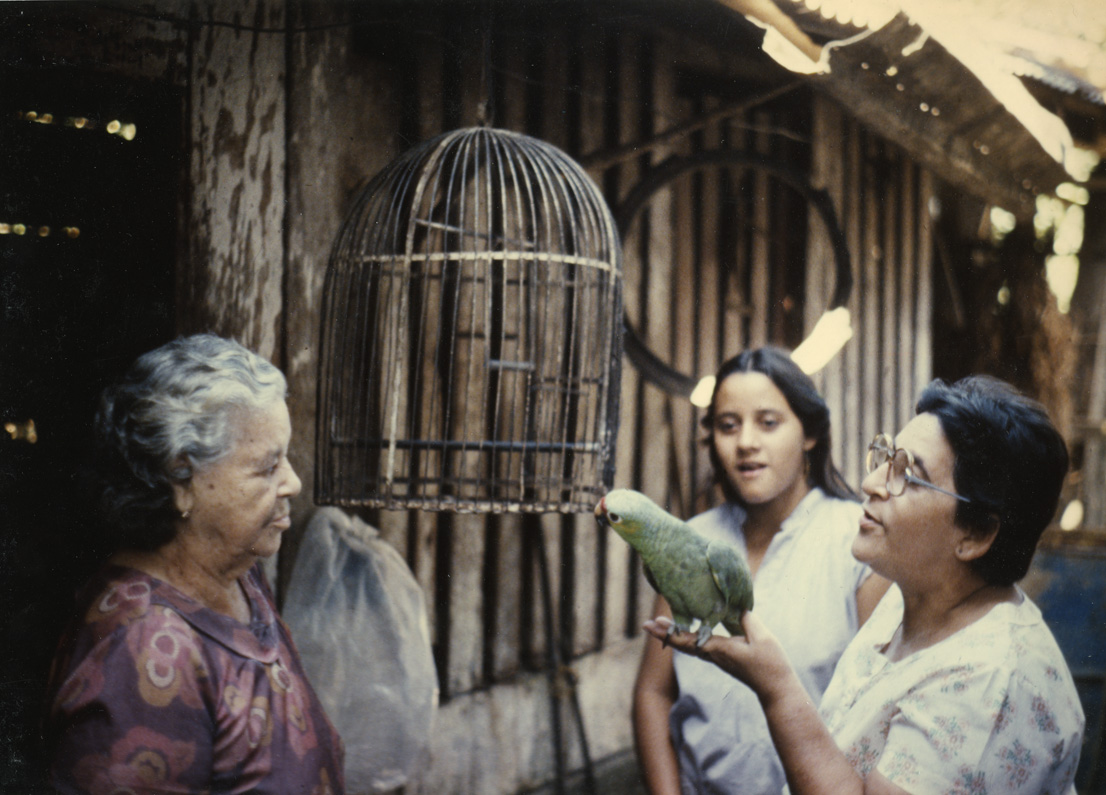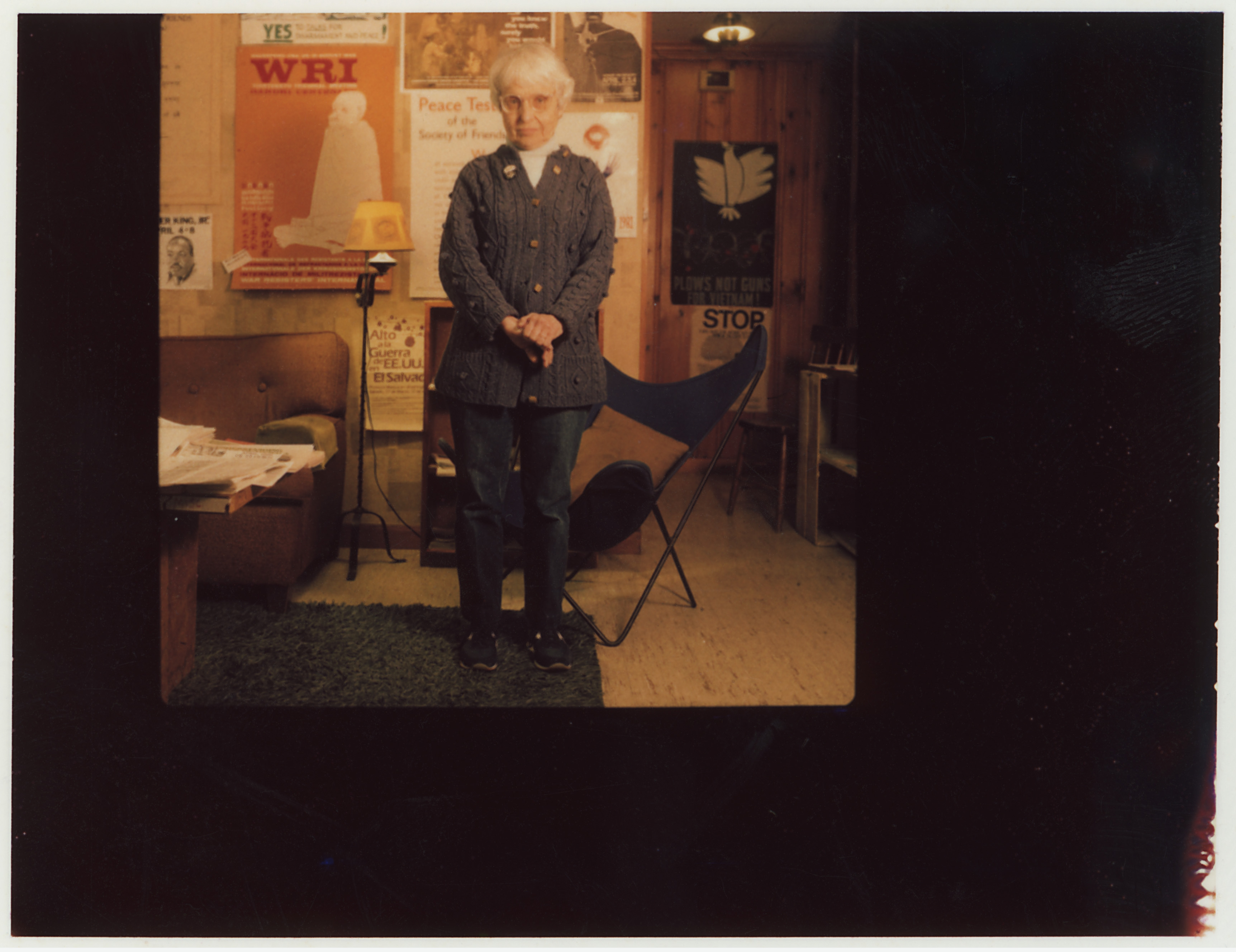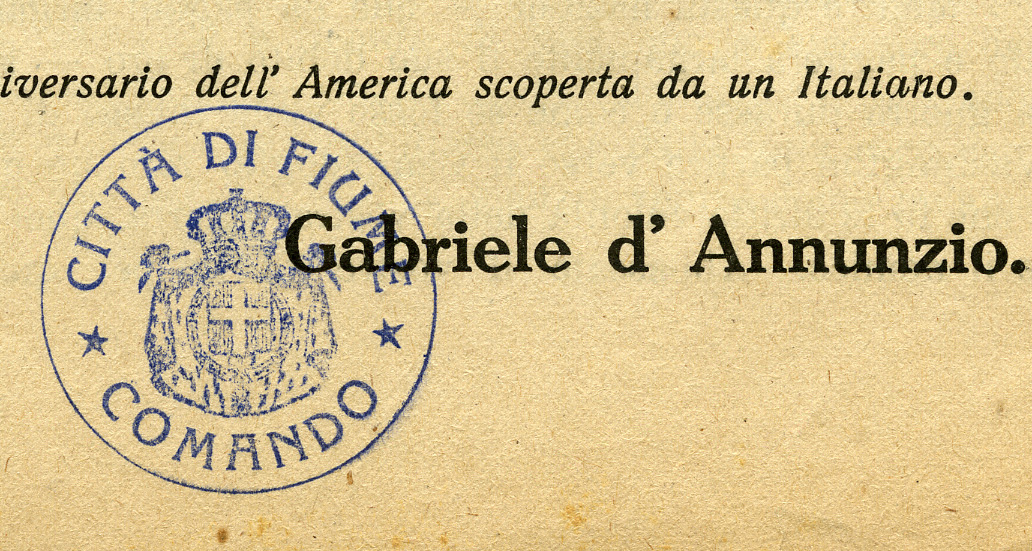Roderick and Melanie Bush Papers
Bush, Roderick D. (1945-2013)
Roderick Bush, Ph.D., born in Sanford, Florida, overcame early adversity to become a distinguished scholar, activist, and community leader. A graduate of Madison High School (Rochester, NY), Howard University, and Binghamton University, he dedicated his life to pursuing justice, Black liberation, and transformative education.
Rod was deeply involved in Black radical and internationalist movements, working with organizations such as the Congress of African People, the African Liberation Support Committee, and the Black Radical Congress. His scholarship, including We Are Not What We Seem (1999) and The End of White World Supremacy (2009), examined race, nationalism, and class struggle. As a professor at Seton Hall and later St. John’s University, he mentored generations of students, inspiring them to engage critically with issues of race, democracy, and globalization.
An unwavering advocate for human rights, Rod’s work took him worldwide, fostering collaborations that bridged academic and activist communities.
Newby, Robert G. (n.d.) Roderick Douglas Bush – 1945-2013. https://rodbush.org/wp-content/uploads/2014/02/roderick-douglas-bush-biography-footnotes.pdf
Bush, Melanie E. L. (b. 1955)
Melanie E. L. Bush, Ph.D. is a sociologist, social justice advocate, and global scholar recognized for her pioneering research on white supremacy and racial justice. A Fulbright scholar and dedicated educator, she serves as a professor of sociology at Adelphi University, where her work focuses on race, ethnicity, class, nation, social movements, political economy, and higher education.
Bush is the author of Breaking the Code of Good Intentions: Everyday Forms of Whiteness and Everyday Forms of Whiteness: Understanding Race in a “Post-Racial” World. She also edited and co-authored Rod Bush: Lessons from a Radical Black Scholar on Liberation, Love, and Justice, honoring the legacy of her late husband, Roderick Bush.
Beyond her academic contributions, Bush is a research fellow at the University of South Africa and a senior research associate at the University of Johannesburg. Her scholarship and advocacy continue to shape critical conversations on race, power, and social transformation.


